When it comes to prose, some things matter. THAT often doesn’t.
For the past couple months I’ve been working on story rewrites. Thanks to a terrific editor, my novel The Black Rose should be all cleaned up and ready for release from Desert Breeze Publishing in July.
It’s amazing no matter how many times I re-read and scrutinize my work, there is always something I miss which the sharp-eyed editor catches, or a weakness which I have to address reveals itself. Thanks to my editor, I’ve come to discover my penchant for the word “that”. And that, my friends, is not okay.
“That” slips easily into our prose as one of the most common “weasel words”. We’ve talked a bit about weasel words on this blog before, but I thought in the instance of this word, it would be best for me to show you what the fuss is all about.
Here are ten sentences — some dialogue — taken directly from various places in my manuscript prior to edits. Notice the pervasive use of “that” in each sentence.
Would some subtle nuance reveal that she wasn’t Cori?
She’d told Evie that she was going to Clara’s house.
What if he did suspect that she wasn’t Cori?
“I’m so thankful that you have room for us.”
“I know Gray’s sorry that he couldn’t be around more to help you out.”
Who was to say that these fellows were having fun?
“It might surprise you to know that I’m a chaplain.”
Suddenly, like now, she’d realize that other people existed, and her eyes would momentarily lose their faraway look.
Perhaps it was Cori’s fault that Jesi had grown distant.
“I suppose Jesi told you that I was upset last night.”
Now try reading them again. This time — after noting my editor’s marks — I’ve left that out of each sentence.
Would some subtle nuance reveal she wasn’t Cori?
She’d told Evie she was going to Clara’s house.
What if he did suspect she wasn’t Cori?
“I’m so thankful you have room for us.”
“I know Gray’s sorry he couldn’t be around more to help you out.”
Who was to say these fellows were having fun?
“It might surprise you to know I’m a chaplain.”
Suddenly, like now, she’d realize other people existed, and her eyes would momentarily lose their faraway look.
Perhaps it was Cori’s fault Jesi had grown distant.
“I suppose Jesi told you I was upset last night.”
Removing “that” didn’t change the meaning or readability of the sentences. In fact, removing “that” made the reading tighter, cleaner. “That” still has its place, but often it just wants to slip in without our noticing, and take up word count space that it shouldn’t.
Exercise
- Do a word search for “that” in your manuscript. If you’re using Microsoft Word, just hit “find” in the upper right hand corner. Type in “that” and every instance of the word will be highlighted. You can keep hitting the “next” button to search through and see where “that” can be deleted.
- Clean up your story by wiping untidy “that” out wherever you can.
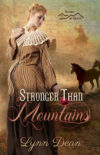
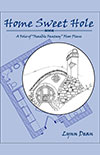

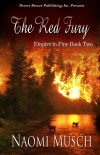
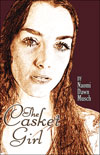
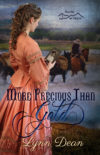
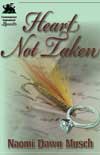

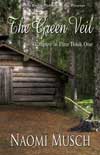

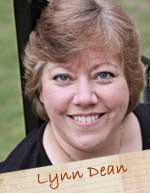


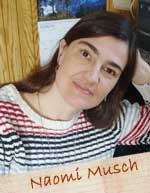


Speak Your Mind
You must be logged in to post a comment.